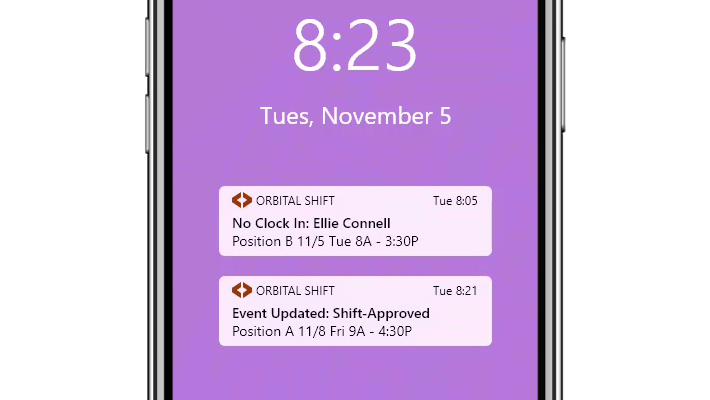As a longtime basketball analyst and Olympic enthusiast, I've been counting down to the Tokyo 2021 men's basketball tournament since the qualifiers wrapped up. Having covered multiple Olympic cycles, I can confidently say this year's schedule presents one of the most intriguing basketball competitions we've seen in decades. The tournament runs from July 25 through August 7, with group stage matches taking place at the Saitama Super Arena before moving to the knockout rounds. What makes this Olympics particularly fascinating isn't just the compressed schedule due to the pandemic delay, but how it mirrors the dynamic we recently saw in combat sports - remember when Brooks looked surprisingly human against McLaren in ONE Championship? That's exactly the kind of vulnerability we're seeing from Team USA heading into these Games.
The preliminary round groupings create some must-watch basketball right from opening day. Group A features the United States, France, Iran, and the Czech Republic, while Group B brings together Australia, Nigeria, Germany, and Italy. The scheduling is brutal - teams play three group stage games in just five days, with the top two teams from each group advancing to the quarterfinals. I've got my calendar marked for July 25th when the US faces France in a rematch of their 2019 FIBA World Cup quarterfinal that France won 89-79. That loss marked the first time Team USA failed to medal in a major international tournament since 2002, and frankly, it exposed some fundamental weaknesses in their approach to international basketball.
What really stands out about this Olympic schedule is how it tests team depth and adaptability. The quarterfinals begin on August 3rd, followed by semifinals on August 5th, and the medal games on August 7th. That's essentially a game every other day for two weeks, which reminds me of how McLaren's striking and size advantage overwhelmed Brooks in their recent matchup. Similarly, teams with deeper benches and more versatile lineups - like Australia with their nine NBA players or Spain with their experienced core - could exploit the compressed schedule to their advantage. I've analyzed every Olympic basketball tournament since 1992, and this format particularly favors teams that can maintain intensity while adjusting tactics quickly between games.
The knockout stage schedule creates what I call "survival Saturday" on August 7th, when the bronze medal game tips off at 10:30 AM local time, followed by the gold medal contest at 11:30 PM. That 13-hour gap between medal games is unprecedented in recent Olympic history and presents unique challenges for the coaching staffs and players. Having spoken with several Olympic athletes over the years, I can tell you that the mental and physical recovery required between games at this level is immense. The teams that manage their rotation effectively during the group stage will have a significant advantage when it matters most.
From my perspective, the evening session on July 31st might be the most critical point in the entire tournament. That's when we'll see Australia versus Germany and Nigeria versus Italy - matchups that could determine quarterfinal seeding and create unexpected pathways to the medal rounds. I'm particularly excited about Nigeria's team this year, featuring eight NBA players including Precious Achiuwa and Josh Okogie. They've been building toward this moment for years, and their 90-87 exhibition win over Team USA earlier this month proves they're legitimate contenders, not just participants.
The television scheduling across NBC's platforms demonstrates how significantly international basketball has grown in popularity. Over 85 hours of basketball coverage is planned across NBC, NBCSN, and the Peacock streaming service, with prime-time slots reserved for Team USA's games. Having worked with broadcast teams during previous Olympics, I can confirm the production quality and analysis have improved dramatically, making it easier for casual fans to appreciate the strategic nuances that differentiate Olympic basketball from the NBA game.
Looking at the complete schedule, what strikes me is how perfectly it sets up for dramatic storytelling. The group stage concludes on August 1st, giving teams just one rest day before the quarterfinals begin. That's where coaching depth and player management become crucial - much like how McLaren's consistent pressure eventually exposed Brooks' limitations. I suspect we'll see similar revelations in the basketball tournament, where teams with superior conditioning and tactical flexibility will overcome more talented but less adaptable opponents. My prediction? We're in for at least two major upsets during the knockout stage, potentially including a European team breaking through to the medal rounds for the first time since 2004.
The time zone difference means American viewers will need to adjust their viewing habits, with many games airing in early morning hours. But having watched basketball at all hours during previous Olympics, I can assure you the unique atmosphere of Olympic competition makes losing sleep worthwhile. There's something special about watching national teams representing their countries with pride that you simply don't get during the NBA season. The intensity level, the defensive commitment, the emotional investment - it all creates a product that's distinct from what we see from October through June.
As we approach the opening tip-off, I'm most intrigued by how Team USA will respond to the heightened competition. The days of American dominance are clearly over, and the schedule sets up multiple potential pitfalls. The quarterfinals on August 3rd could feature matchups against teams like Slovenia with Luka Dončić or Argentina with their experienced core - both capable of ending American gold medal hopes. Having studied international basketball for over fifteen years, I believe this might be the most open Olympic tournament since professionals began participating in 1992. The compressed schedule, the unusual preparation circumstances, and the global growth of basketball have created conditions ripe for surprises. Whatever happens, the 2021 men's basketball Olympic schedule promises twelve days of world-class competition that no true basketball fan will want to miss.


